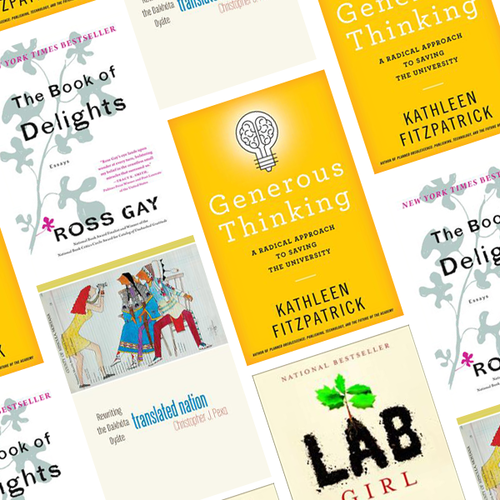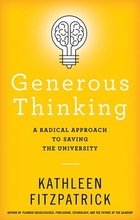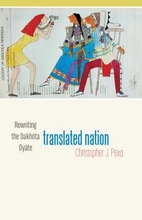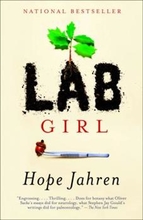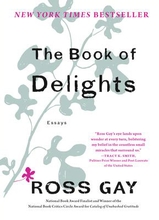This month, we’re reading up for events featuring two books—one on how we can reshape the University to work more thoughtfully with the greater public (Generous Thinking), and another on the ongoing resistance and reclamation of Indigenous peoplehood and identity (Translated Nation). Please join us for these events, or read along with us!
Generous Thinking: A Radical Approach to Saving the University
Kathleen Fitzpatrick
Johns Hopkins University Press, 2019
As the child of a university administrator, it was not uncommon to have dinner table conversations about striking a balance between the needs of various groups being served by the university (a small private school in this case). Between the students, faculty, staff, neighbors, alumni, broader public, and communities where the university did more engaged work, there was a constant balancing act. When I heard about Kathleen Fitzpatrick’s book last spring, I was immediately intrigued. After reading it, I became a bit of a proselytizer on behalf of the book. This summer some of the IAS staff read it, and agreed that it is asking the right questions. Important questions for our current moment, and for the University of Minnesota. I am so pleased that the author (an English professor at Michigan State) will be joining us this week to discuss it! I love the idea of Generous Thinking, and hope many others will be able to join us in the conversation. Learn more.
Join us for the IAS Thursdays event with Kathleen Fitzpatrick on Thursday, February 18!
—Brianna Menning, programs & communications manager
Translated Nation: Rewriting the Dakhóta Oyáte
Christopher Pexa
University of Minnesota Press, 2019
Translated Nation complicates ideas of how Dakhóta intellectuals translated and reframed settler-colonial ideals of Indigenous people in ways that protected core Dakhóta ethics. The book draws on Indigenous intellectuals and ethics to offer an alternative paradigm of ongoing resistance and reclamation of Indigenous peoplehood and identity. Pexa purposefully uses Dakhóta terms not only as a way of demonstrating the incommensurability and erasures of relational meanings of settler translations, but also as a method and practice of cultural reclamation. Interspersed are sections of oral histories from Dakhóta people that center “the everyday acts of remaking tribal memory and recollecting the people” (61). As a settler on Dakhóta land, I’m learning a lot and I’m looking forward to the couple of reading group sessions Pexa will be hosting with the IAS next month to discuss the book. Learn more.
Join us for the first reading group session with Christopher Pexa on Friday, March 5! (Check our events calendar for details coming soon!)
—Laurie Moberg, Project Manager for the Mellon Environmental Stewardship, Place, and Community Initiative and Managing Editor of Open Rivers
Lab Girl
Hope Jahren
Vintage, 2017
“Working in a lab for twenty years has left me with two stories: the one that I have to write, and the one that I want to.”
This book is the story that scientist Hope Jahren wanted to write, about the visceral and spiritual experience of being a scientist. It is both a memoir and an ode to the practice of doing science, interleaved with clear and accessible descriptions of botanical processes such as photosynthesis, and of the mundane mechanics of managing a lab. This delightful book reads like a love letter to what has inspired and driven her since childhood: the discovery of science, the remarkable life of plants, and the miracle of existence itself. Well worth a read! Learn more.
Fun fact: Hope Jahren received her B.S. in Geology from the University of Minnesota in 1991, and talks about classes and working in University hospitals throughout the book.
—Susannah Smith, Managing Director
The Book of Delights
Ross Gay
Algonquin Books, 2019
I don’t know about you, but I think many of us have been hitting something of a pandemic wall lately. Well, that piled on top of the daily trauma of living in a world full of so many other violences: police violence, the slow violence of climate change, the rigid structural violences of racism and colonialism. Because I needed to remind myself of a way to co-exist with these traumas, I recently returned to one of my favorite books by Ross Gay—a poet who quite seriously studies joy. In this collection of essayettes, Gay endeavors to write about a delight every day for a year. Because he does this every day, many subjects come and go: his mother, racism, kindness, politics, pop music, books, dreams, public space, his garden. (He really loves his garden.) Here are a few lines from the preface that I hope might tickle you:
“It didn’t take long to learn that the discipline or practice of writing these essays occasioned a kind of delight radar. Or maybe it was more like the development of a delight muscle. Something that implies that the more you study delight, the more delight there is to study. A month or two into this project delights were calling to me: Write about me! Write about me! Because it is rude not to acknowledge your delights, I’d tell them that though they might not become essayettes, they were still important, and I was grateful to them. Which is to say, I felt my life to be more full of delight. Not without sorrow or fear or pain or loss. But more full of delight. I also learned this year that my delight grows—much like love and joy—when I share it.” Learn more.
—Abby Travis, Communications & Programs Associate
IAS Reads is a monthly series featuring the books IAS staff and residential fellows are enjoying.
